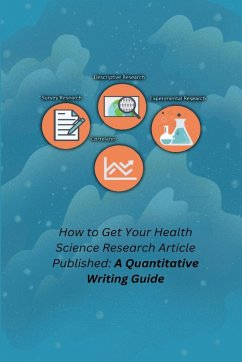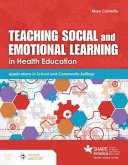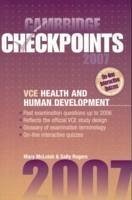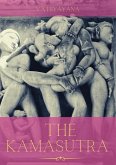Stephen Luby is a medical epidemiologist who has worked for over 25 years conducting public health research in low-income countries. This effort has included developing the scientific writing skills of early career researchers whom he collaborated with. This guide grew out of his review of dozens of draft manuscripts from novice scientists in Pakistan in the mid-1990s. To avoid writing the same critique into multiple manuscripts, he developed a short list of "most common errors" with explanations of how they should be addressed. This allowed him to refer to manuscript errors more quickly by number, and allowed writers to see a more complete description of the problem than might be typed out when he recognized a familiar error in a new manuscript. Over the years, these "most common errors" multiplied. While working in Bangladesh, Stephen began collaborating with Dorothy Southern, who edited and organized this rather unwieldy list and integrated explanations and examples from a number of different sources. As Dorothy and Stephen recognized new errors, they incorporated them into the guide. Dorothy also worked to broaden the document to describe the mentor-orientated approach to scientific writing that they promoted in the Centre for Communicable Diseases at the International Centre for Diarrhoeal Disease Research, Bangladesh (icddr,b). Neither of us is now living in Bangladesh, but we both remain involved teaching scientific writing to early career scientists, especially those working in low- and middle-income countries. We have chosen to publish this as an open access guide so that it can be downloaded at no charge by scientists working in low-resource settings. The Pathway to Publishing: A Guide to Quantitative Writing in the Health Sciences focuses on the unique format and data presentation of quantitative studies in the health sciences. It aims to support and encourage scientists who are actively engaged in quantitative research to write effectively, and so increase the sharing of important scientific results. Since this guide grew out of training public health scientists in Pakistan and Bangladesh, many of the examples are from this context, though the principles apply broadly to clear scientific writing.








